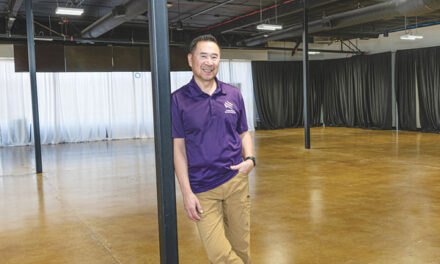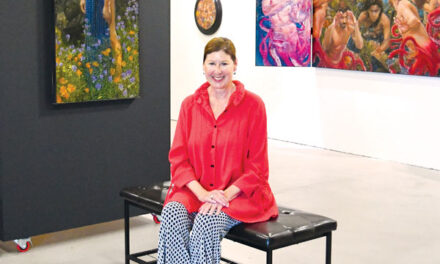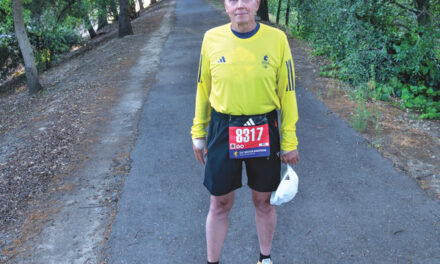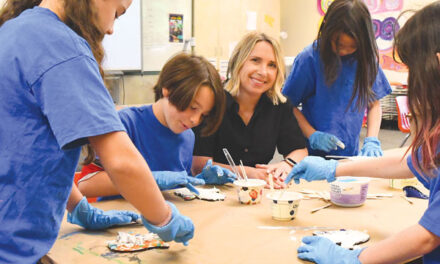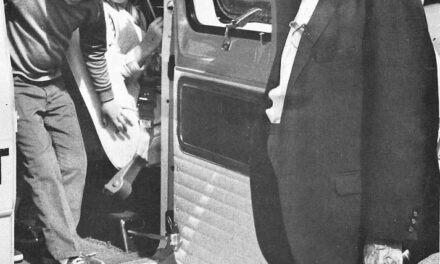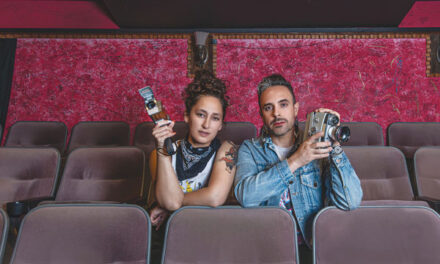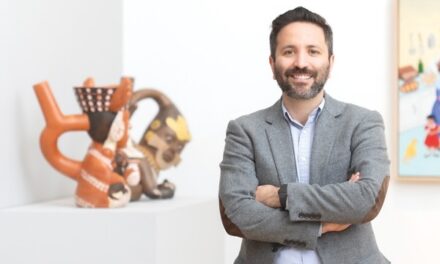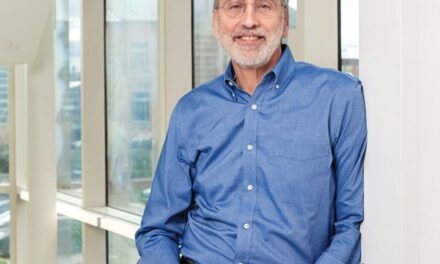Marcia Eymann is very proud of the collection she oversees as the city historian at the Center for Sacramento History—and she wants her fellow Sacramentans to be proud too.
CSH is the official repository and research center for Sacramento city and county historic collections, which includes public documents, manuscripts, objects, millions of feet of film and more than 7 million photographs that reflect the social, political, geographic and cultural history of the Sacramento region.
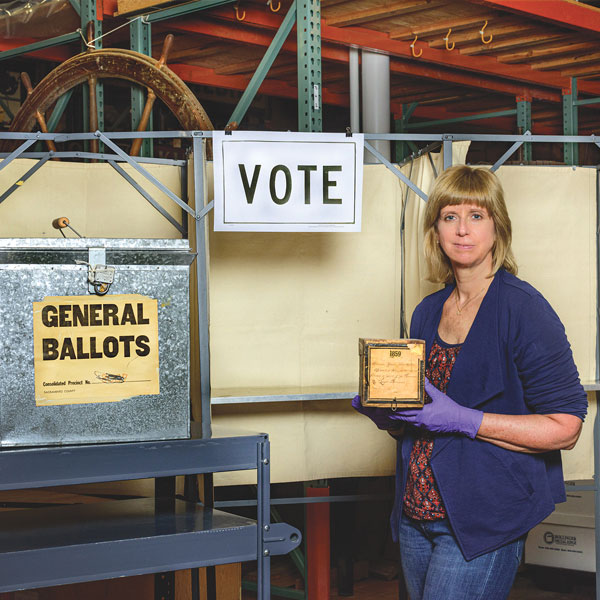
“Residents should be proud that we’ve preserved these things,” says Eymann, whose career started with dual degrees in history and art history from Michigan State, followed by a master’s degree in history from San Francisco State and jobs at the Henry Ford Museum in Dearborn, Oakland Museum of California and now CSH. “No other city in California has retained its historic collections like Sacramento. Our records document everyone who ever lived here, who owned what, when and how. This is everyone’s history.”
CSH grew out of local preservation efforts that began in 1953 when the city established the Historic Landmark Commission, which oversaw the opening and administration of a local history museum. Through many iterations and locations, the Sacramento History Museum (now housed at 101 I St.) is run by the nonprofit Sacramento History Alliance in partnership with the city and county. CSH provides all the content for museum exhibits and acts as the collection agency for artifacts and stories. (Eymann describes the museum as “front of house,” where the public interacts with content, and CSH as “back of house,” which provides that content.)
Lest you think a historian just sits in a room researching all day, Marcia Eymann’s varied schedule proves otherwise. As the city’s staff liaison to the museum, she monitors the collection, and plans and designs all exhibits, tours and programs. She helps the preservation department conduct historical research. She consults on mitigation for local redevelopment and on projects like the restoration of the City Cemetery. She’s helping oversee the digitization of CSH’s film collection, which provides footage for documentary filmmakers.
She’s even helping document the resurgence of local Día de los Muertos (Day of the Dead) celebrations that started in the 1960s.
“It’s not a traditional historian job,” Eymann explains. “I’m not an academic—it’s not ‘publish or perish.’ I’m more of a public historian. Academics get sabbaticals. I work year-round.”
Marcia Eymann hasn’t gotten any less busy with the pandemic forcing the temporary closure of the museum and CSH to the public. Digitization of the collection is ongoing and very time consuming. CSH holds millions of feet of film that document California history, like the advent of local TV (the KCRA-TV film collection was donated in 1978) and the Free Speech and Chicano Movements, as well as people like César Chavez, Ronald Reagan, Dolores Huerta, Dorothea Puente and members of the Black Panther Party. There is even film of concerts like the 1969 Altamont Speedway Free Festival. CSH fields requests from film companies daily (Eymann reports they get as many requests for material as the famed UCLA Film & Television Archive).
In response to the pandemic, CSH has started posting “Historians at Home” virtual interviews on its YouTube channel, featuring staff picks from the film collection on its website. Marcia Eymann and her staff are also putting the finishing touches on an exhibit about the legacy of the McClatchy family that was due to open prior to the pandemic (Eleanor McClatchy’s huge collection of California artifacts has been housed at CSH since 1982). The organization has also been actively soliciting COVID-19 stories and artifacts from the public to mark this moment in time.
“We need to remember these things because they can happen again,” Eymann says. During the 1918 flu pandemic “they struggled with the same things we are—mask wearing, it was an election year, health care was a discussion point. These are historic times with COVID, but also with social unrest—there are changes happening in this country on a daily basis. The center is a resource for those things. Telling the broader story of the community has always been our goal.”
For more information, visit centerforsacramentohistory.org.
Jessica Laskey can be reached at jessrlaskey@gmail.com. Follow us on Facebook, Twitter and Instagram: @insidesacramento.



